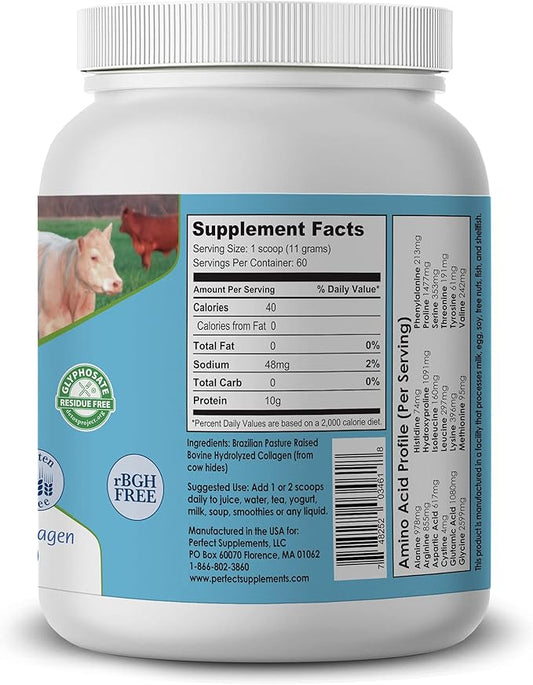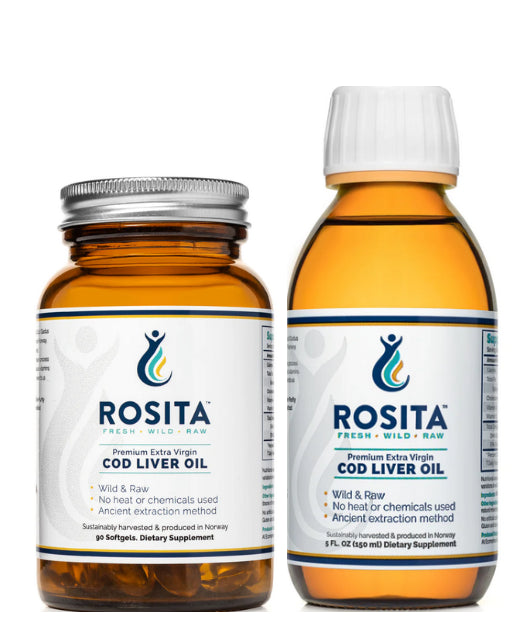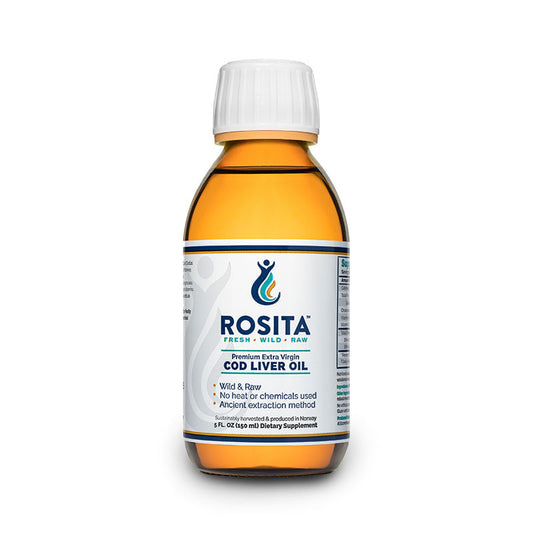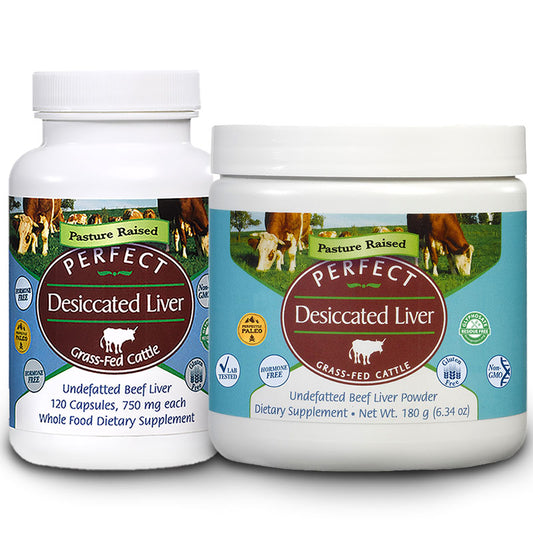Multivitamin Supplements: Separating Fact from Fiction
Nourishing World Study:
Multivitamin Supplements
Graphics by Kerrie Bross
68% of Americans take at least one multivitamin supplement per day.
Multivitamins have entered the media spotlight in recent months. A popular doctor recommended Multivitamins on a September episode of his show, telling his viewers that a Multivitamin is the one supplement that everyone should take. A study published in Breast Cancer Research and Treatment this month reported that breast cancer patients who took a daily multivitamin had a higher rate of survival than those who did not. Multivitamins are a standard doctor-recommended preventative health measure, regardless of the health or age of the patient. It’s no surprise, then, that an estimated 68% of Americans take a multivitamin supplement.
Some people will question the necessity of supplements versus eating a nutrient-rich whole-food diet, which is a matter for another day, another blog, and another stream of thought altogether. For the purpose of today’s discussion, let’s assume that you are among the 68% of Americans that takes a daily multivitamin. They have been touted as an “insurance policy,” filling in nutrition gaps that exist due to nutrient-depleted soil, processed food intake, picky-eating children, or recovering from illness. By most accounts, multivitamins are good. What you may not have considered, though, is that all multivitamins were not created equal.
What Do Doctors Recommend In a Multivitamin?
Doctors keep their fingers firmly on the pulse of health research, reporting back to their audience on the latest weight loss and energy-boosting supplement ideas. And many doctors deem this supplement essential for everyone; a multivitamin supplement. So, what do doctors recommend in a multivitamin? They advise that you keep it simple. Make sure that it contains vitamins A, C, D, E, and K in addition to potassium, zinc, and iodine. When it comes to vitamins, more is not necessarily better. Avoid megadoses of vitamins, as they contain high levels of synthetic isolates which may actually be harmful to your health.
Do You Know What’s In Your Multivitamin?
If you have read the label and checked out the ingredient list, you probably think you know exactly what’s in your multivitamin-Vitamins! All of the goodness of eating a day’s worth of fruits and vegetables, extracted and concentrated into a ½ inch-long pill, right? Well, maybe not. When you flip over the bottle of your multivitamin capsules or tablets and check out the nutritional information, you see a list of the vitamins that are present in the supplement and their respective percentages of the recommended daily allowance. If it’s a “whole food” vitamin or a “food-based” supplement, you may even see a list of fruit and vegetables ingredients. The name and the ingredients profile seems to imply that the vitamin content is derived from the food products. It would stand to reason that the “natural” Vitamin C is derived from the citrus fruits or the “food-based” Vitamin K comes from the alfalfa sprouts. It might surprise you, then, to learn that it does not.
So…where do the Vitamins in Supplements Come From?
The short answer is that the source of vitamins in a multivitamin supplement varies from manufacturer to manufacturer and from product to product. In the past, the supplement industry was divided into two categories: synthetic and natural. 90% of the commercially-available supplement brands (and all supermarket multivitamins) are synthetic vitamins. Since there are few regulations on claims made by a supplement company, and since few people question the validity of what constitutes a “whole food” supplement, it turns out that there is a lot of gray area even within the remaining “all-natural” ten percent. It’s more important than ever to be an informed consumer.
Nourishing World has been busily researching synthetic and natural multivitamins. Over the course of the next week, we will spell out the differences, separate fact from fiction, and tell you what to look for when choosing multivitamin supplements for your family.









